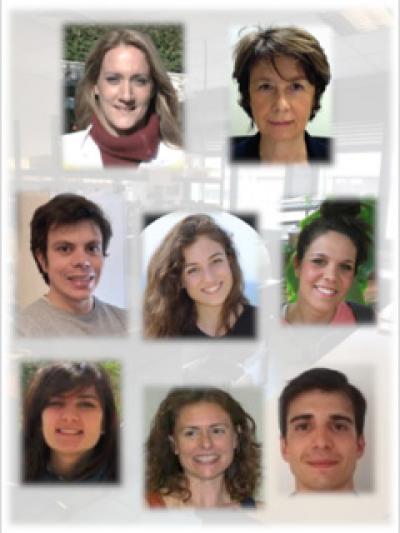Over the last decade, severe outbreaks of bacterial canker have caused huge economic losses for kiwi growers, especially in Italy, New Zealand, and China, which are among the largest producers. Bacterial canker is caused by the bacterial pathogen Pseudomonas syringae pv. actinidiae (Psa) and more recent outbreaks have been particularly devastating due to the emergence of a new, extremely aggressive biovar called Psa3.
Due to its recent introduction, the molecular basis of Psa3’s virulence is unknown, making it difficult to develop mitigation strategies. In light of this dilemma, a group of scientists at the University of Verona and University of Rome collaborated on a study comparing the behavior of Psa3 with less-virulent biovars to determine the basis of pathogenicity.
They found that genes involved in bacterial signaling (the transmission of external stimuli within cells) were especially important, especially the genes required for the synthesis and degradation of a small chemical signal called c-di-GMP, that suppresses the expression of virulence factors. Compared to other biovars, Psa3 produces very low levels of c-di-GMP, contributing to an immediate and aggressive phenotype at the onset of infection before the plant can corral a defense response.
“It was exciting to discover this diversified arsenal of pathogenicity strategies among closely related bacterial strains that infect the same hosts but display different behaviors,” said Elodie Vandelle, one of the scientists involved with this study. “Although their ‘small’ genomes mainly contain the same information, our research shows that bacterial populations within a pathovar are more complex than expected and their pathogenicity may have evolved throughout different strategies to attack the same host.”
Their research highlights the importance of working on a multitude of real-life pathogenic bacterial strains to shed light on the diversity of virulence strategies. This approach can contribute to the creation of wider pathogenicity working models. In terms of kiwi production, Vandelle hopes their findings can help scientists develop new mitigation methods. In the long-term, their research could lead to the identification of key molecular switches responsible for the transition between high and low bacterial virulence phenotypes.
“This identification would allow, at industrial level, to develop new targeted strategies to control phytopathogenic bacteria, weakening their aggressiveness through switch control, instead of killing them,” Vandelle explained. “This would avoid the occurrence of new resistances among bacterial communities, thus guaranteeing a sustainable plant protection.”
###
For more information about this research, read “Transcriptional Profiling of Three Pseudomonas syringae pv. actinidiae Biovars Reveals Different Responses to Apoplast-Like Conditions Related to Strain Virulence on the Host” published in the April issue of the open access MPMI journal.
Media Contact
Ashley Carlin
[email protected]
Related Journal Article
http://dx.





